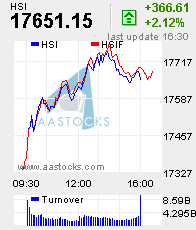Harbin Water Crisis : The divergence between the Private Cost and Social Cost --- Who should bear the Cost?
In Harbin city water supplies have been turned off because an explosion at the Jilin Chemical factory has contaminated the Songhua River (松花江). Three-million people there are living without tap water for four days! I had experienced the circumstance in Hong Kong in the 60s when I was young. However, it would result in a panic when people heard the mains were being shut off. I doubts about how long the crisis will last.
The incidence leads to a huge cost that would be borne by the people of Harbin and the nearby cities along the river. Who should be responsible for the loss due to the incidence? The general public or the Jilin Chemical Enterprise?
On the other hand, should the bosses of the supermarkets pay for the trouble-maker for the windfall profits earned from selling bottled-water?
In this case, nevertheless, the private cost borne by Jilin Chemical is far less than the actual social cost borne by the whole economy!
That is why the resolution to such case inspired by Ronald Coase theory ---- "for the property right should be clearly and well defined before-hand and the transactions cost of negotiation be as low as possible, then the social optimal situation of resource allocation reached is made possible through the equitable exchange" ---- is the fundamental rationale to the problem.
Has the property right of the river well-defined? Is it a political issue?
Has the people of Harbin been endowed with the power to negotiate with the trouble-maker and claim their rights? Is it also a political issue in our Chinese-style Socialist country?
Does the GDP figure really reflect the living standard of the people if the cost of such pollution is also considered? Has our GDP figure been overstated?
Copyright reserved ©











0 Comments:
發佈留言
<< Home